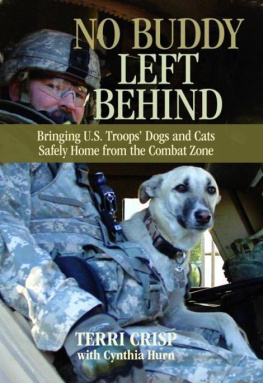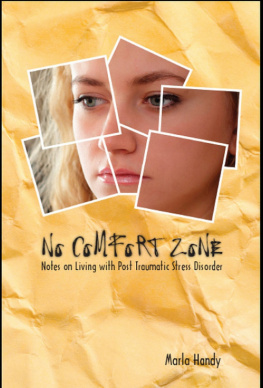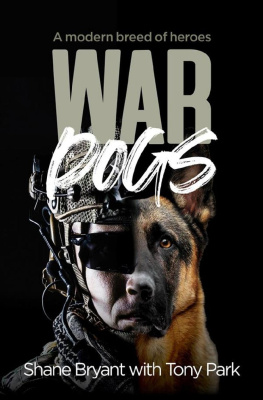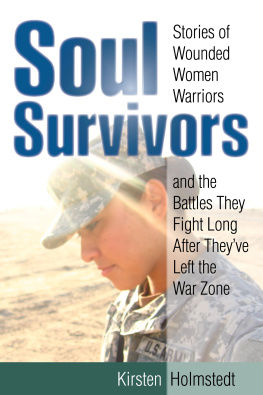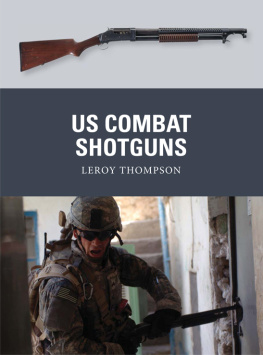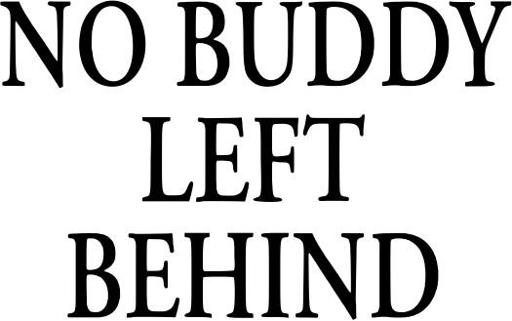
Bringing U.S. Troops' Dogs and Cats Safely Home from the Combat Zone
TERRI CRISP WITH CYNTHIA HURN

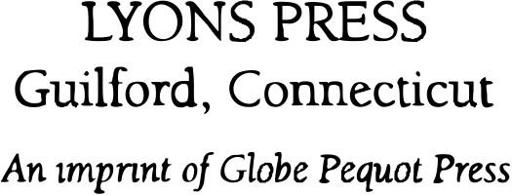

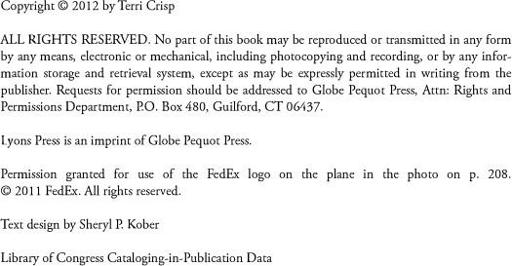





Terri Crisp
If I were a dog, I would have long ago worn out my tail-wagging it to say "thank you." In the three years that I have been the manager for SPCA International's Operation Baghdad Pups program, a human "pack" of animal-loving individuals has entered my life and given me countless reasons to be grateful for these remarkable comrades.
Since this journey began in the fall of 2007, I have become well acquainted with a select group of stalwart individuals serving in the U.S. military. While bravely fighting for our country, these men and women balanced out the cruelties of war they faced daily by finding it in their heart to protect a stray dog or cat-many on the verge of certain death. Our troops may be trained to be tough and to battle for the freedoms all Americans hold dear, but I have seen their compassionate side, too, the side that won't allow them to turn their back on a suffering animal.
I have cried and laughed with these individuals while working together to give some deserving four-legged-and in a few cases three-legged-wartime buddies better lives. Not many people get the privilege to save the lives of animals and at the same time to give some kind-hearted, uniformed individuals the peace of mind that comes from knowing that their companion animal will never suffer again. What has grown out of these lifesaving efforts is a kinship with these stellar individuals-ignited by our shared love for animals.
I will forever be grateful to SGT Eddie Watson for falling in love with an Iraqi stray dog. If these two souls, caught up in the Iraq war, had not found one another, my life would have undoubtedly been quite different. I imagine I'd still be helping animals because I cannot fathom my life not immersed in what I love doing the most. However, I suspect I would have continued my work much closer to home-not in the middle of a war zone.
Thankfully, I responded to Eddie's desperate plea to save Charlie, and SPCA International let me go. This development led me to Iraq and to all the other animals after Charlie, rescued by Operation Baghdad Pups. These animals suddenly showed up at a moment when their gentle and reassuring presence was so desperately needed by the men and women called to fight a war.
Operation Baghdad Pups would not have saved one Iraqi animal if we'd asked the military for permission before launching the program. When contemplating the growing number of requests to save dogs and cats befriended by U.S. troops, it quickly became clear what had to be done-break the rules. After eighty-seven successful missions to Iraq, it is quite clear we made the right decision. I want to thank all the men and women who made the decision in the first place to risk so much in order to care for animals struggling to survive. These animals were destined for a short and miserable life in Iraq had their caregivers not broken the rules and given their wartime buddies the chance to live the kind of life they should have been dealt in the first place.
I have worked in the animal welfare movement since 1983, rescuing more animals than I could ever begin to count. While doing this I have encountered all kinds of people-from those who find it easy to be cruel to an animal to those who on a daily basis make enormous sacrifices to make sure animals are safe and well cared for. The people I have worked with who are connected with Operation Baghdad Pups are some of the most unselfish individuals who don't think twice about putting animals first. If the world were filled with people like them, animal suffering would end. They are indeed an inspiration.
As of May 2011, 280 dogs and 58 cats that had been born in the Middle East now call America home. They escaped a life of deprivation because of a team of tireless volunteers. Barb Hartman and Bev Westerman were the first two Operation Baghdad Pups volunteers. Their unselfish natures and complete devotion to all animals are remarkable. Since the program began we have laughed together hysterically and cried until we had no more tears. Throughout this journey we have never lost sight of how fortunate we are to be a part of an endeavor abundant in goose-bump moments. Barb and Bev are true friends to all creatures and my friends, too-the kind of friends who are few and far between. I will forever be grateful to them for being who they are and for always being there for the animals and me.
The other members of the Operation Baghdad Pups team who have transported animals halfway across the world have time and time again proved their commitment to animals, enduring some tough times but never complaining. The long hours sitting in airports and on planes flying animals from the Middle East to the United States are quickly forgotten when we witness those animals being reunited with the individual who means the world to them-who saved their life.
Flying into a war zone is indeed risky, but, thankfully, we have avoided the dangers. The precautions we continue to take have kept us safe. Still, the fact that the Operation Baghdad Pups team members are willing to take this risk proves they are a special breed of people. No amount of applause could show my appreciation for my traveling partners. These individuals have escorted animals to their new homes: Danielle Berger, Cassandra Dawes, Jerry Elfrank, Rebecca Fenner, Cindy Hurn, Sharon Maag, Matt McDonough, Janet Mercer, Linda Pullen, Charlene Ruttle, Billy Schweizer, Donald Smith, Mickey Sonstegard, Dave Souligne, Christine Sullivan, Michael Walsh, Bev Westerman, and Bev Wolfgram. I say to them, "Job well done!"
Four other team members deserve an even higher level of thanks for their exceptional support. They are my husband, Ken, and our daughters, Jennifer, Amy, and Megan. The choices I have made in my career have meant I have been absent from their lives more than I would have liked. To help make up for this, I have been able to take them with me to the Middle East to bring animals to the States for our troops. Seeing a part of the world many people never get to see, I believe, has helped them to see that they are a part of a global family, too. They have all gained a greater appreciation for what we have as Americans while being able to share their talents, kindness, and laughter with some incredible people they have met along the way. I am so incredibly proud of my family members, and I always feel their love no matter where I am in the world.
Next page
